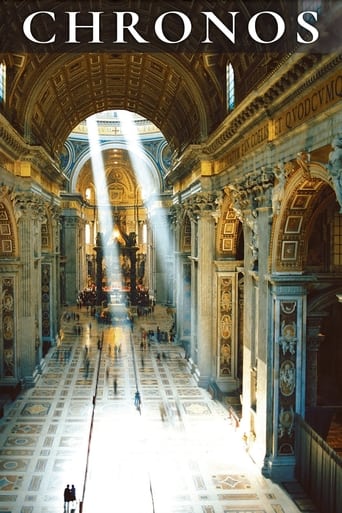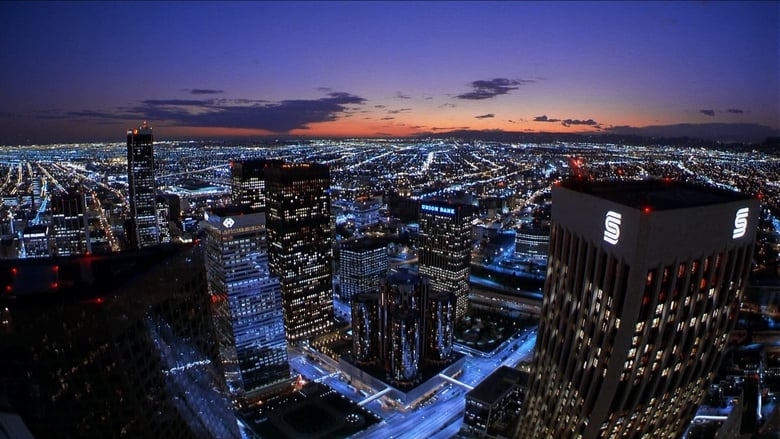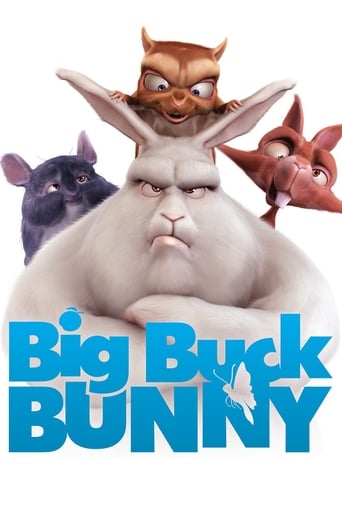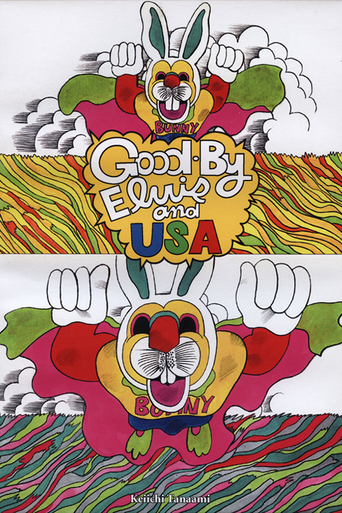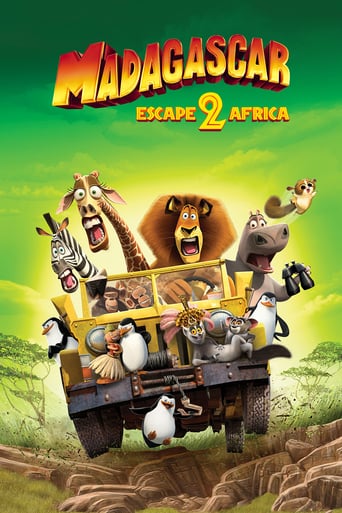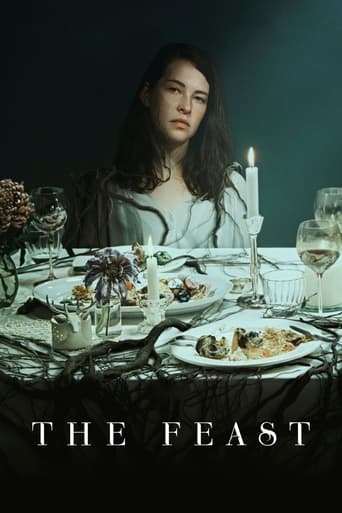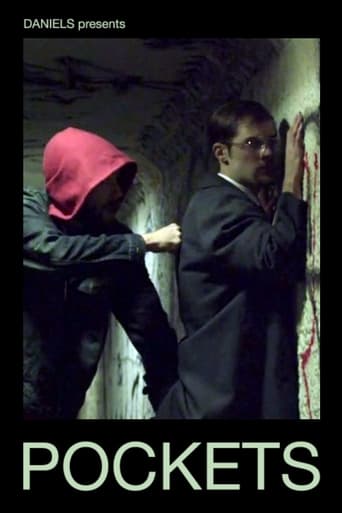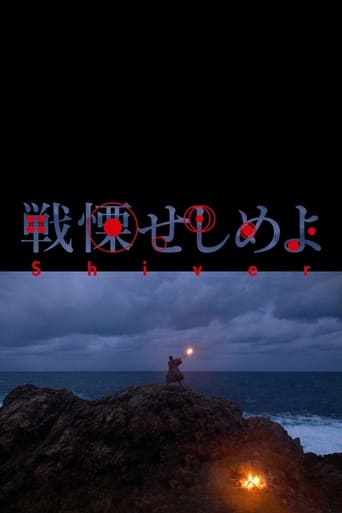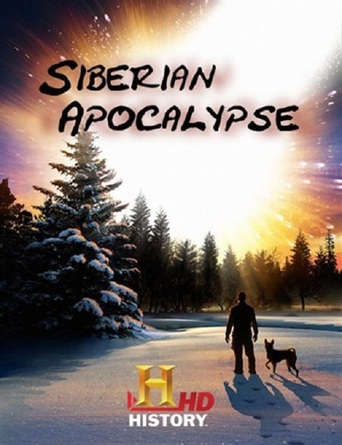Chronos (1985)
Carefully picked scenes of nature and civilization are viewed at high speed using time-lapse cinematography in an effort to demonstrate the history of various regions.
Watch Trailer
Free Trial Channels
Cast


Similar titles
Reviews
A movie that not only functions as a solid scarefest but a razor-sharp satire.
This is one of the best movies I’ve seen in a very long time. You have to go and see this on the big screen.
One of the film's great tricks is that, for a time, you think it will go down a rabbit hole of unrealistic glorification.
There's a more than satisfactory amount of boom-boom in the movie's trim running time.
"The lifetime of a human being is measured by decades, the lifetime of the Sun is a hundred million times longer. Compared to a star, we are like mayflies, fleeting ephemeral creatures who live out their lives in the course of a single day."Chronos is the personification of Time in pre-Socratic philosophy and later literature. Ron Fricke, who is regarded as the founder of time-lapse, has done a wonderful job. We live and die without realizing that our lives are trapped in a jar. Instead of making an effort to get out of the jar, we continue to practice our daily habits. The routine and falsity of mankind in everyday life is almost making a slapdash effect. Our dependence on technology and constantly trapped between concrete walls cools us from nature. I think we need to think a little bit. It is really fascinating to watch the works of art of the ancient civilizations, the spectacular nature images accompanied by great music. I was very happy to see the works of ancient Egyptian civilization. You should give Chronos a chance before the Baraka and Samsara documentaries.
There is really not too much to review here. This is a 42-minute documentary by director Ron Fricke which was written by the Constantine sisters(?). The topic is basically history vs. progress. We see many very old monuments, but we also see lots of current stuff, like modern streets or skyscrapers. I have to say, I personally preferred the old parts. The music is also pretty good in here. but, as harsh as this may sound, a documentary without any kinds of dialogue and just photography recordings can never make it to my favorite list, I am afraid. This one here is certainly as good as it gets for the genre, but I was never amazed really. Still, it's not a bad piece of filmmaking at all. And all the use of time lapse was fairly interesting. It's also the type of film which is probably much more effective on the big screen. I give Fricke a thumbs up here without praising it too much. Still it's probably among the better documentary movies from 30 years ago. And finally, I want to say that this looks pretty modern, actually I would have guessed this is from the 21st century if I hadn't known the truth before.
Space, time and matter. While the first might have started at the birth of the universe and the later is created and destroyed everyday, time stands alone. It cannot be undone and if there is anything that can resist time, it is time itself. In this sense time is the most mysterious. Is it even real? Is it only a creation of mankind to explain the beginnings and the ends? In Greek Mythology, Chronos is known to be the god of time. In this sense, Ron Fricke is trying to unite both conceptions of time through vast, open spaces and closed, personal areas. In his film, he tried to put the matter and space in perspective, showing that time had a greater influence.When it came out, Chronos was considered as a very advanced, an "ahead of its time" kind of movie. The ground breaking Koyaanisqatsi was nearly 5 years old. The technical attributes of the movie were far greater than what could be found in popular, conventional cinema. The synthesized music was relatively new to the world and Michael Stearns was already establishing himself as both a leader and a pioneer in the ambient music department, even creating a particular instrument for the film. And of course, when Chronos came out back then, similar movies were hard to find.Needless to say: Chronos relied heavily on the overall technology of 80's.Nowadays, the technical attributes found in Chronos have been beaten by other movies. Music can now be created with complex, yet easy to use programs by using extremely effective computers which can produce an almost infinite number of sounds, effects, etc.. And finally, there are many similar movies nowadays, and we can find time lapse captures everywhere from typical Hollywood movies to televised advertisements.This now leads people to believe that this movie is unoriginal, lacking depth and that the music is not good. As ironic as it sounds, Chronos is slowly being killed by time itself, whether it be real or not. But that does not mean that the movie is now bad today. Of course, there are obstacles that the viewer must surpass in order to view the movie and to think " Let's compare it to other movies in the 80's ".When criticizing this movie, many people will compare it to Baraka ( which was made many years later, must I add ) and automatically point out the obvious: It's always the same areas, the music is always the same, the overall "message" is lacking.Fricke didn't have the budget he had for Baraka. Stearn's music was innovative and fresh at the moment and yes, there is a "message" in Chronos, you just didn't take the "time" to see it.In Baraka, the message concerning spirituality and humanity is easier to understand for a simple reason: Ron Fricke did it on purpose. The most important religions and areas of the world are shown. The whole movie is made in a way to connect with the entire world. In this sense, Baraka is a movie about the Earth and its inhabitants and what is around and beyond it. You will notice that in Baraka there are things you can easily understand and point out while there are others more obscure themes that you might not even notice.Chronos is far more complicated for the viewer. While Baraka is still an experimental film, it is not an abstract film. Chronos is both an experimental and abstract film. In this sense, it is way harder for the viewer to acknowledge Chronos to actually have a meaning and to make something out of it.This shows how Ron Fricke truly is a mastermind when it comes to giving other people the opportunity to come out with their own interpretations of his movies. A short comparison with Geoffrey Reggio ( Fricke's partner ) can be made. While Reggio builds his movies on a specific message which make the viewer think after watching the films, Fricke chooses to make the viewer think while he his still watching. Most viewers will often try to find a meaning to Chronos after watching it or they will try to associate a specific series of scenes.Of course, Chronos is not as good as Baraka. I believe everyone can agree on this. But everyone should all agree that Chronos was some sort of cinematic homework for Fricke. Not only was it his first own film, but he was also stepping on a different kind of path than Reggio's. He actually found his own path, his own style, a cinematic trademark. And for this originality and advance in film, Chronos deserves to be considered as a good movie. Not the best, but one of the good.
Ron Fricke's directorial debut, is a mixed bag. While visually stunning and musically haughty, this is nothing new for this type of genre. The genre being the silent-mentary (a film with no dialog that evokes a story or meaning using only images, still and moving, and sounds).One might remember Ron from his work on Koyaanisqatsi. He was the cinematographer on that movie (also had some writing credits). If one looks closely, you will find similarities in the looks of both movies. There is a repetition of the Grand Canyon fly over and one cityscape scene (done from mostly ground level, where there is a metal sculpture in front of a lit office building at night, with two lit buildings on each side, looking upwards). While there are similarities, there are also major differences between the two.The differences come from the directors. Koyaanisqatsi (and the other two movies in the trilogy : Powaqqatsi and Naqoyqatsi) flowed from the creative collaboration of Godfrey Reggio and Philip Glass. They imbued their movie with meaning, by combining images and music. The two elements intertwining to the point where you could not separate them. Whatever the "meaning" was left up to the viewer. They could range from "deep rooted messages" to "there was no message at all".Unfortunately, Ron's directorial debut isn't as good. He definitely does not have a Philip Glass to work with and it shows. One of the weaker elements is the music. The score is symphonic and works well generally, but is very generic sounding. There is very little about it that makes one stir (unless you got a cold draft coming in through the window and someone happens to scratch a blackboard at the same time). The visuals suffer as well. There seems to be little connection between the various places we are shown. Is there a reason we are shown this place or that place in particular ? Hard to tell. It feels more like a guided bus tour, than anything with substance behind it. Ron also seems to overdo the time lapse portions. He uses it in almost every scene. He also seems to have a fascination with the phases of the sun and the movement of sunlight during the course of a day.Don't misinterpret my critique as dislike. On the contrary, the movie has its merits and its moments. My favorite being the rise of the moon over a city at night, with the fly over and drive through ensuing at blazing fast speeds. I would have probably been better served if I had seen this movie before Reggio's trilogy. It is not as good, but its short length and beautiful imagery is definitely worth a look.

